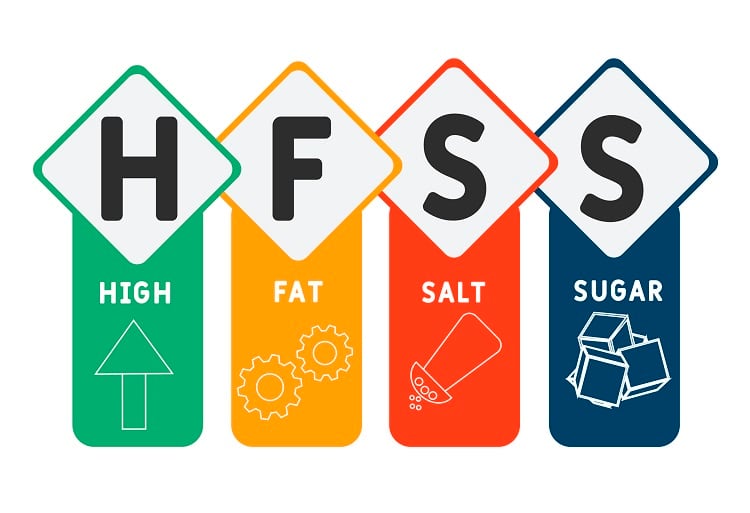European food manufacturers are already tackling tough regulations to reduce fat in all products, so calls for further cuts will come as unwelcome news.
But that’s exactly what researchers from the United States are advocating for, after discovering that a diet high in saturated fat could lead to memory loss and brain inflammation in adults after just three days.
Does high-fat diet damage brain?
Researching the impact of diet on brain health, scientists from Ohio State University fed groups of young and old rats a high-fat diet for either three days or three months.
The team found that the group of older rats performed poorly on memory tests and exhibited signs of brain inflammation after just three days.
The results dispel the idea that diet-related inflammation in the aging brain is driven by obesity, says Ruth Barrientos, senior author on the study. Previous research on the effects of fatty and processed foods on the brain has focused on weight, yet the impact of unhealthy eating, independent of weight, remains largely unexplored.
“Unhealthy diets and obesity are linked, but they are not inseparable,” says Barrientos. “We’re really looking for the effects of the diet directly on the brain. And we showed that within three days, long before obesity sets in, tremendous neuroinflammatory shifts are occurring.”
The researchers had previously studied the effects of diet on the brain, and believe older adults are more acutely affected by effects of a high-fat diet, as aging brings on long-term “priming” of the brain’s inflammatory profile. This is coupled with a loss of brain-cell reserve to recover.
“Young animals appear more resilient to the high-fat diet’s effects on memory,” says Barrientos. “We think it is likely due to their ability to activate compensatory anti-inflammatory responses, which the aged animals lack.”
Fat constituted 60% of calories in the high-fat diet used in the study, which the researchers say equates to a range of common fast-food options, including a McDonald’s Double Smoky BLT quarter pounder with cheese and a Burger King Double Whopper with cheese.

Other foods high in saturated fats include milk and white chocolate, cakes, biscuits, pastries, pies, fatty meats such as lamb chops, processed meat such as sausages and burgers, and full-fat dairy products such as cream and cheese.
After the animals were on high-fat diets for three days or three months, researchers ran tests assessing two types of memory problems common in older people with dementia. These are based in separate regions of the brain - contextual memory mediated by the hippocampus (the primary memory centre of the brain) and cued-fear memory that originates in the amygdala (the fear and danger center of the brain).
Aged rats displayed behaviours indicating both types of memory were impaired after only three days of consuming fatty foods. Furthermore, these behaviours persisted as they continued on the high-fat diet for three months.
The team also observed changes in cytokine (small proteins important in cell signaling) levels in the brains of aged rats after three days of consuming fatty foods, which signaled a dysregulated inflammatory response. Three months after being on the high-fat diet, some of the cytokine levels had shifted but remained dysregulated, and the cognitive problems persisted in behaviour tests.
“A departure from baseline inflammatory markers is a negative response and has been shown to impair learning and memory functions,” says Barrientos.
Of course it’s important to acknowledge that these studies were conducted on rats not humans and therefore further studies are required to confirm if the effect is the same.

Role of food industry
Health experts have long called for the food industry to cut fats, particularly trans and saturated fats, from their products. However, this has typically been in relation to weight and heart health.
This research adds cognitive health to the debate and could fuel calls for tighter restrictions on saturated fats in foods.
And it’s likely to hit foods for all demographics, as adults are more acutely affected now, but children have the opportunity to protect their long-term brain health if changes are made while they’re still young.
Source: BMC - Obesity-associated memory impairment and neuroinflammation precede widespread peripheral perturbations in aged rats
Published online: 3 January 2025
DOI: 10.1186/s12979-024-00496-3
Authors: Michael J Butler, Stephanie M Muscat, Maria Elisa Caetano-Silva, et al.





